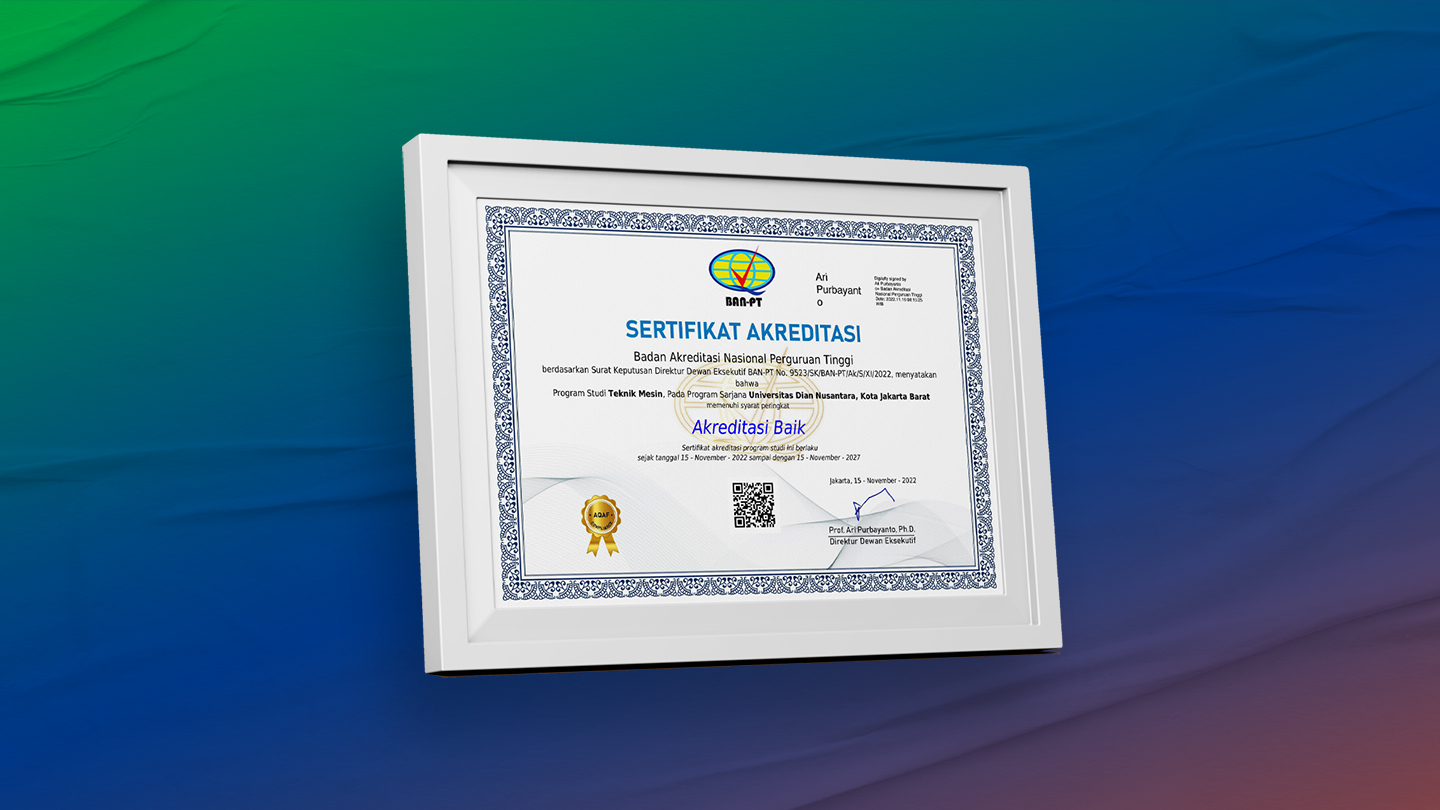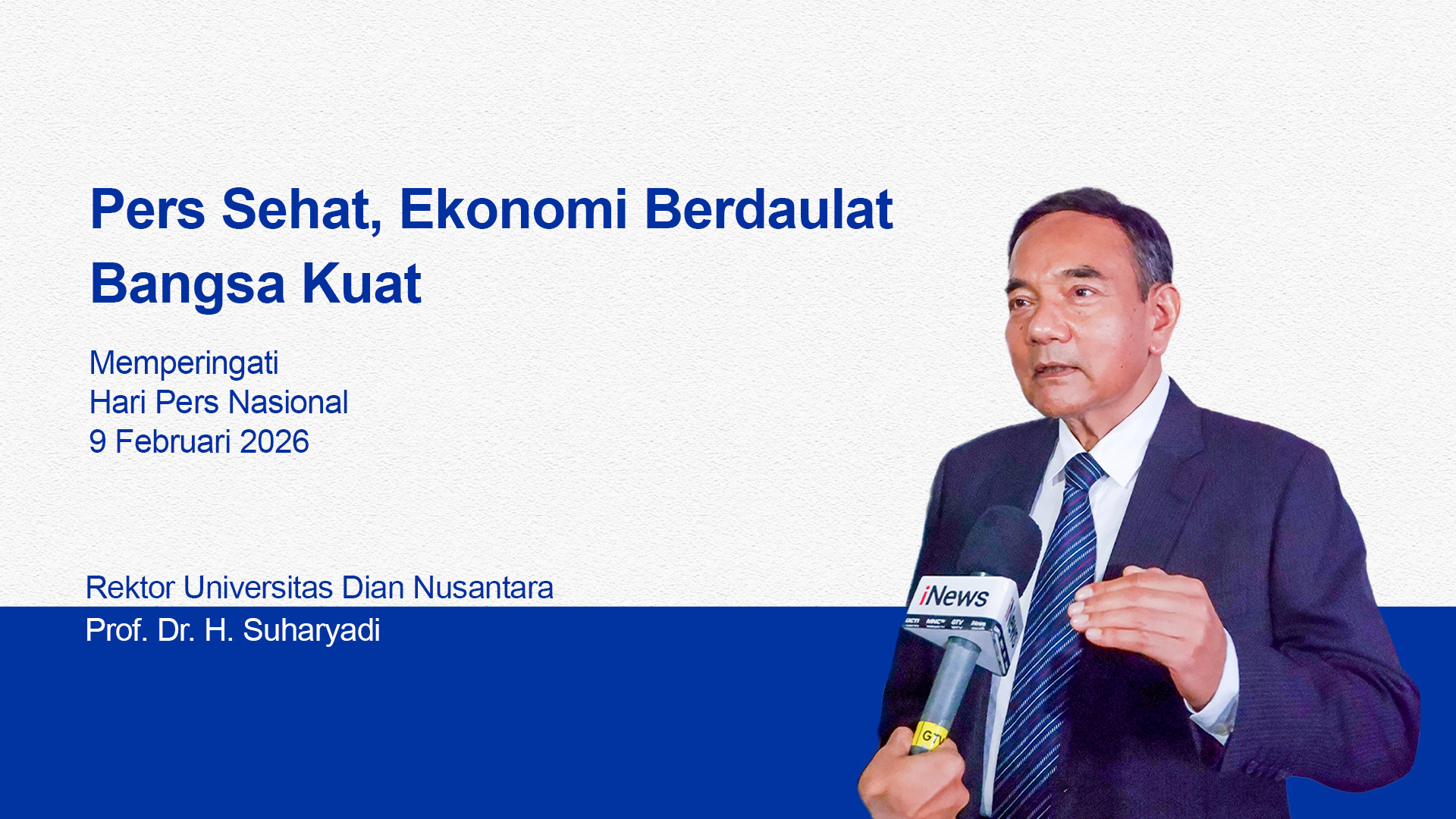Building the Economy Together: The Role of Public Sentiment in National Economy
.jpg)
A nation's economy is not solely determined by the number of transactions occurring in the market, but is also influenced by the interaction between government policies and public perception of those policies. The concept of economic circulation refers to the cycle of economic activities that encompasses production, distribution, and consumption of goods and services, which are interconnected between consumers and producers. In Indonesia, one of the important indicators measuring the health of this economic circulation is the Gross Domestic Product (GDP), which represents the total value of goods and services produced in a country within a specific period.
In efforts to maintain economic health, the government's role is central. The government functions not only as a regulator, but also as an implementer of fiscal policies that influence market dynamics and public sentiment. These fiscal policies, such as taxes and government expenditure, play an important role in mobilizing resources and supporting national development. For example, the taxation system is not merely a means to obtain state revenue, but also a form of investment made by society to support broader development. Meanwhile, creating a conducive investment climate, both for domestic and foreign investors, is one way to encourage long-term economic growth.
Public sentiment—the public's perception and attitude toward policies and economic situations—plays an equally important role in influencing national economic stability. This can be seen in the real example when the Covid-19 pandemic struck, which resulted in a drastic decline in economic transaction volumes, worsened public purchasing power, and caused uncertainty in the market. This negative public sentiment exacerbated the economic situation, characterized by increasing bankruptcy rates, declining investment interest, and layoffs occurring across various industrial sectors.
The importance of understanding the influence of public sentiment on the economy becomes increasingly relevant as Indonesia now faces various challenges, ranging from the demographic bonus that has not been optimally utilized, to inflation-deflation issues that can disrupt public purchasing power. Additionally, policies that are often deemed ineffective and the lack of innovation in economic policies worsen conditions, thereby increasing public distrust toward the government and declining investor confidence in the Indonesian market.
Referring to Arthur Pigou's theory, which emphasizes that public purchasing power and production capacity have direct influence on economic growth, we can see that policies supported by society tend to create positive production activities for the economy. Conversely, policies that are not well-received by the public will tend to decrease economic activity and create instability.
Academics hold an important role in rebuilding positive public sentiment and stabilizing the economy. As parties who are not only tasked with conveying economic theory, academics also have the responsibility to produce relevant and applicable research that not only enriches knowledge but can also provide concrete solutions to the economic problems faced. One very important contribution is developing research that focuses on the impact of fiscal policies on public welfare, as well as how these policies can improve public sentiment and encourage sustainable economic growth.
Furthermore, adhering to visionary values, integrity, and professionalism in carrying out academic duties is also very important for building Indonesia's image in the eyes of the international world. By producing quality research and focusing on developing human resources that match the needs of modern industry and job markets, academics can play a role in improving Indonesia's attractiveness, particularly for foreign investors. This will create a more conducive ecosystem for innovation and investment, which in turn will accelerate the country's economic recovery and growth.
As part of this commitment, the Accounting Study Program at Dian Nusantara University (UNDIRA) focuses on developing student competencies that not only include technical skills in financial calculations, but also deep analytical capabilities regarding economic policies and their impact on society. The curriculum implemented in the Accounting Study Program is designed to integrate research and community service (PKM) as the core of learning.
With this approach, students are expected to develop the ability to conduct relevant and applicable research, as well as produce evidence-based solutions that can help overcome various economic challenges faced by Indonesia. Through in-depth PKM projects, students are invited to interact directly with communities and industrial sectors to produce beneficial innovations in creating a more inclusive and sustainable economy.
Source of References:
Tope, Patta. 2024. Ekonomi Publik: Analisis Dasar Kebijakan Fiskal - Sumber: Perpustakaan Nasional RI
Indonesia MSMEs Report 2024 - KADIN Indonesia
Pertumbuhan Ekonomi Triwulan II-2024: Konsumsi Rumah Tangga dan Ekspor Meningkat
Editor: Ibu Sigit Mareta, SE., M.Ak., Head of Study Programme of Studi Akuntansi UNDIRA
(Danang Respati Wicaksono / Humas UNDIRA)
Press Contact :
Biro Humas & Sekretariat Universitas Dian Nusantara
Facebook : www.facebook.com/undiraofficial
Instagram : www.instagram.com/undiraofficial
Twitter : www.twitter.com/undiraofficial
www.undira.ac.id

Campus Tanjung Duren
Jln. Tanjung Duren Barat II No. 1
Grogol, Jakarta Barat. 11470
Campus Green Ville
JIn. Mangga XIV No. 3
Campus Cibubur
Jln. Rawa Dolar 65
Jatiranggon Kec. Jatisampurna, Bekasi. 17432


.jpg)







